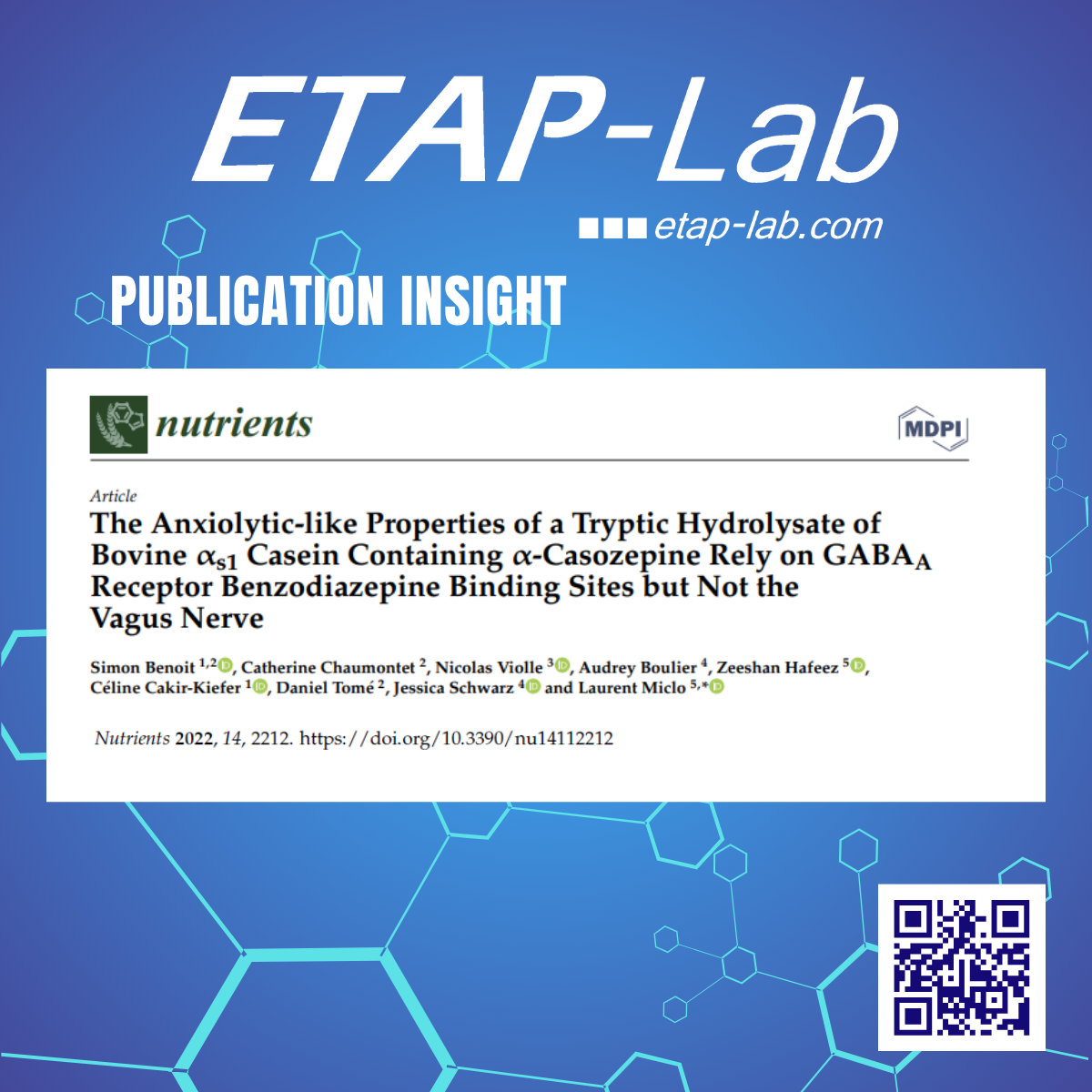Nutritional quality of toasted or dehulled and cold defatted rapeseed meal
Rozan P, Villaume C, Evrard J, Méjean L. - 1999, Wageningen Pers, 93:205-8
Rapeseed meal is an important protein source because of its well-balanced amino acid composition. However, its use in animal feeding is limited because of glucosinolates and a high fibre content. The aim of this study was to evaluate the nutritional quality of two products, a toasted industrial rapeseed meal with a low myrosinase and glucosinolate content and a dehulled rapeseed meal, with a low fibre content, which had been defatted at 50 °C.
An ad libitum food intake experiment was conducted with adult rats fed 200 g/kg protein diets based on casein or the rapeseed products. The food intake and body weight of rats fed casein or toasted rapeseed meal presscake diets were similar at the beginning of experiment and were still not significantly different after 8 days. From the start to the end of the experiment food intake of rats fed dehulled and defatted rapeseed meal presscake decreased significantly compared wrth rats fed casein. After 8 days, the boby weight of these rats had decreased significantly compared with the body weight of rats fed casein or toasted rapeseed meal presscake.
Both rapeseed meals differed in their prior treatment. Industrial treatment gave a toasted rapeseed meal presscake which had a good in vivo nutritional quality even if protein insolubility was high. Dehulling and defatting rapeseed, at moderate temperature, to preserve protein solubility, may not degrade myrosinase and glucosinolates sufficiently. We suggest that better nutritional quality could be obtained by both dehulling and toasting.
Link to the article


